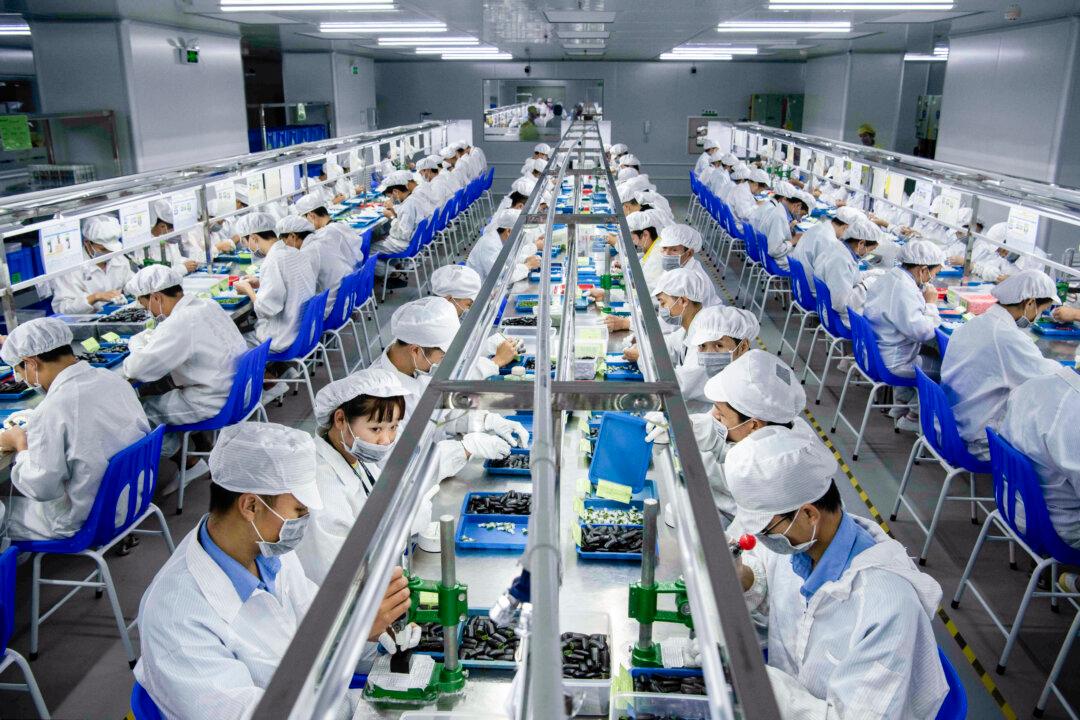A southwest Chinese province has extended industrial power cuts as a record-breaking heat wave and drought deplete water levels of the Yangtze River and dwindle hydropower output, hurting the auto industry as factories in the region shut down.
Sichuan Province on Aug. 21 activated the highest level of emergency response, with officials highlighting the “extremely outstanding” power shortages.




